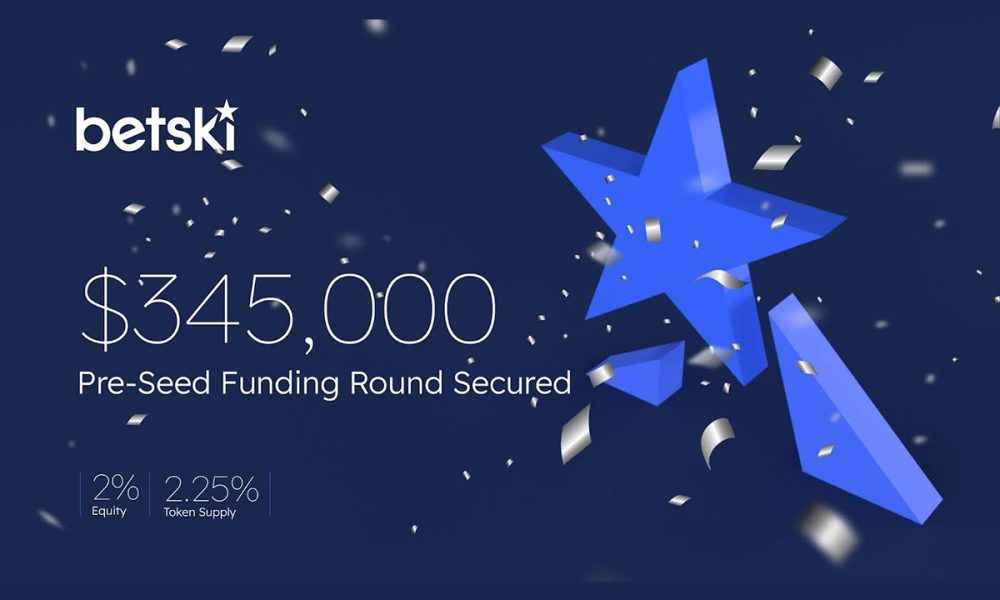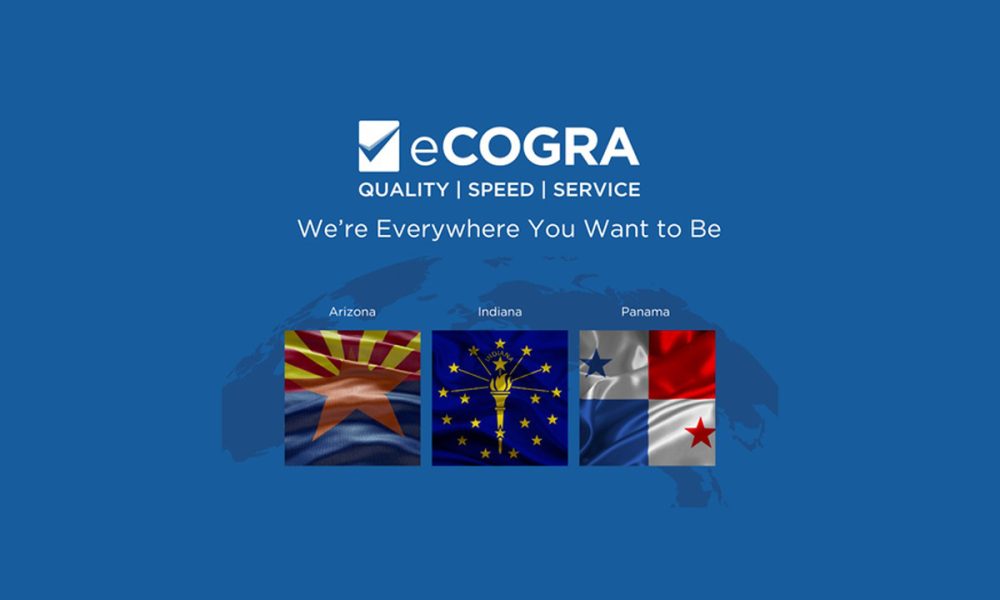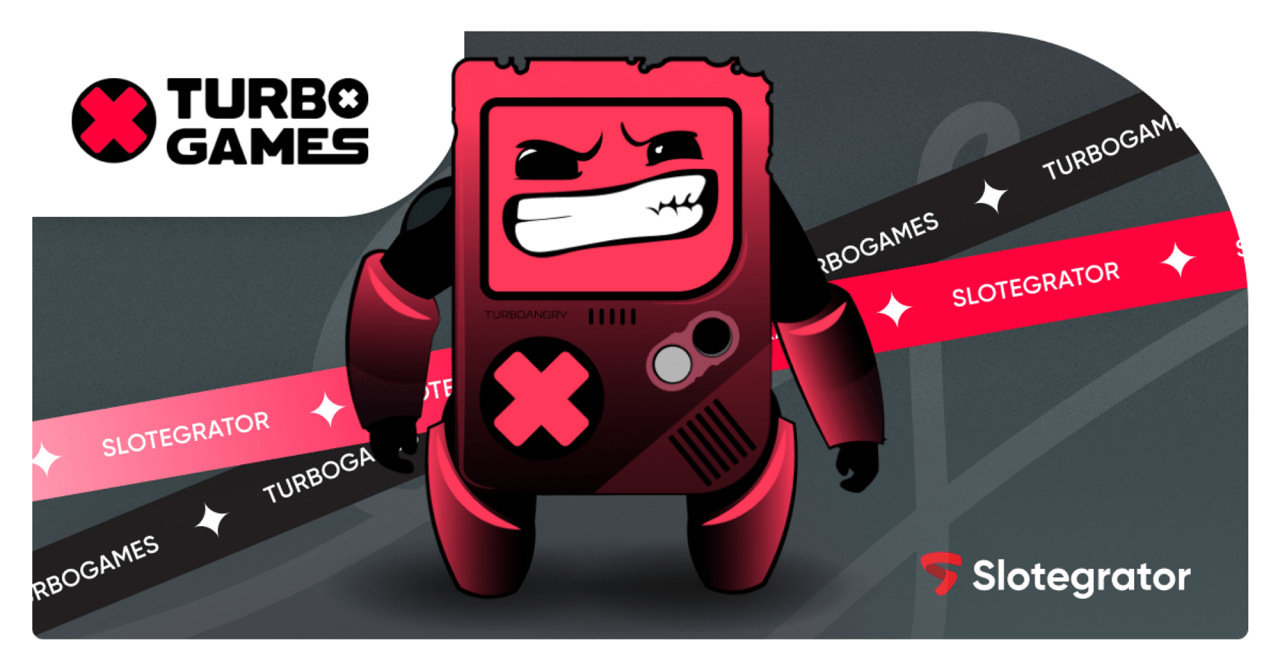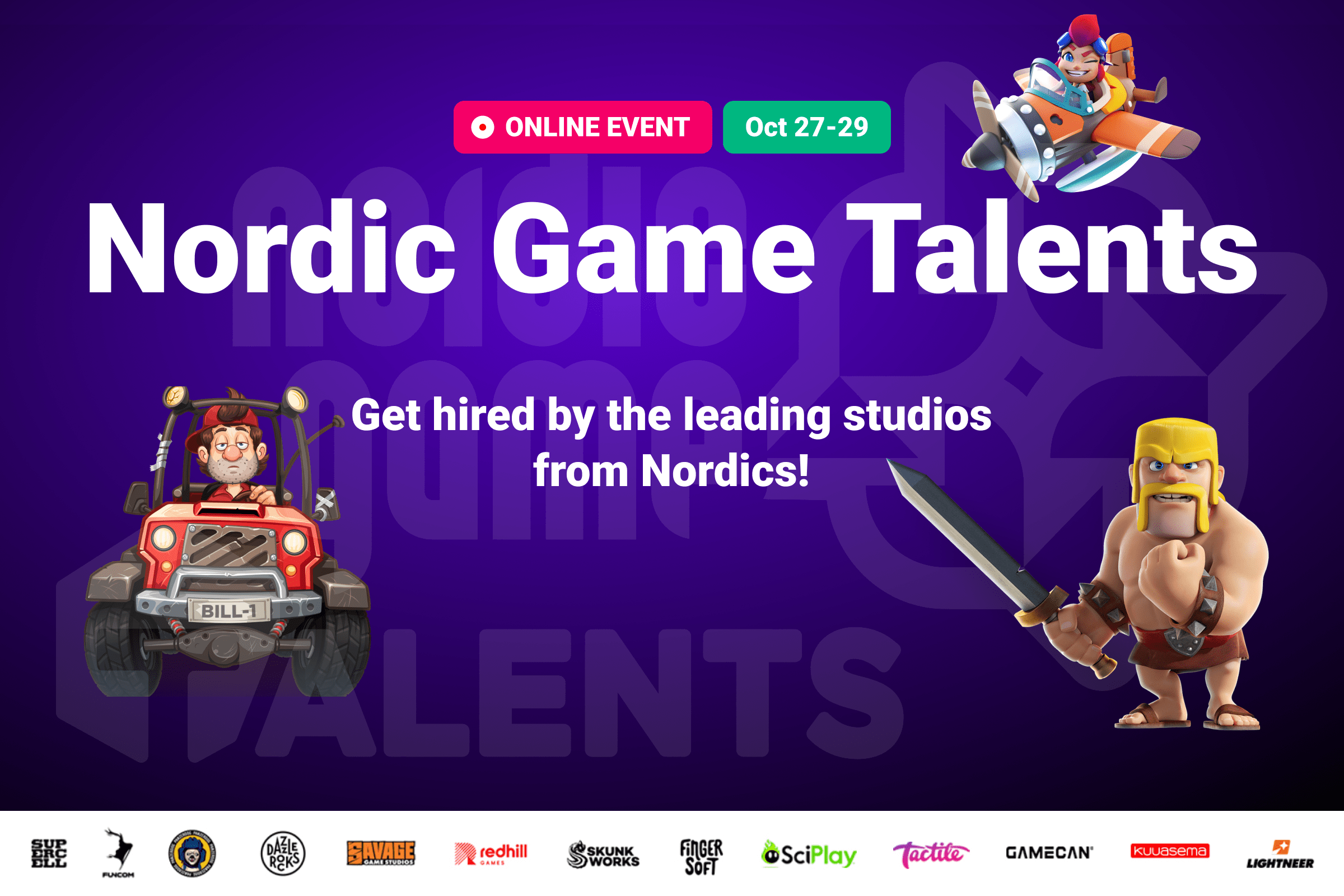iGaming Industry
Supreme Court says no to hearing M.V. gambling case
The U.S. Supreme Court has denied a petition to hear a case involving a gambling hall for the Wampanoag Tribe of Gay Head (Aquinnah), paving the way for the tribe to begin the process of opening an electronic bingo facility on tribal lands in Aquinnah.
The case between the tribe and the commonwealth of Massachusetts, the town of Aquinnah, and the Aquinnah/Gay Head Community Association was “distributed for conference” on Friday.
On Monday morning, in the court’s orders posted online, the high court rejected hearing the case. The three parties had petitioned for what’s known as a writ of certiorari, often called a “cert” by attorneys; it essentially would have ordered the lower court to provide its reasoning in the case for review by the nine justices.
Tribal council chairwoman Cheryl Andrews-Maltais was travelling much of the day Monday. She issued a statement Tuesday morning praising the high court’s decision. “It was a great and historic day for the Aquinnah Wampanoag people,” she said.
Ms. Andrews-Maltais praised the tribe’s legal team for its “extraordinary work and commitment to helping us throughout this challenging litigation.” She also praised the tribe’s federal partners at the Bureau of Indian Affairs and the National Indian Gaming Commission, which both offered legal opinions that the tribe was within its rights to offer gambling on its reservation lands.
“Now that this issue is finally resolved, we’d like to put the legal battles behind us, and focus on working with the town and commonwealth; to weigh our options and determine the best pathway forward for us to provide the necessary services of health care, elders’ and children’s services, education, housing and employment opportunities for all of our tribal members,” she said.
The town has moved quickly to schedule a meeting of the board of selectmen for Wednesday to discuss the outcome.
“We’re disappointed that cert was denied, but know it’s only granted in a small number of cases,” Ronald Rappaport, the town’s attorney, said. “I’ll be meeting with selectmen later this week to discuss options.”
The board meets Tuesday, but Monday’s ruling came too late for them to put the court case on that agenda, Mr. Rappaport said.
The town posted a meeting for 5 pm Wednesday to discuss the case and options in executive session, according to an email from the town.
It’s unclear where town challenges would go, although based on the land agreement, adherence to town bylaws and building codes could be the avenue explored.
The town has benefited from riding the coattails of state Attorney General Maura Healey, whose office has represented the state’s interests in the case. The AG’s office declined comment through a spokeswoman.
Lawrence Hohlt, president of the Aquinnah/Gay Head Community Association, said he had not yet heard about the court’s decision when he was reached Monday morning.
“Can I say I’m surprised? No,” he said. “The odds were very much against us.”
A Supreme Court review of the case was always a long shot. The court hears only about 1 percent of the 8,000 to 9,000 cases it’s asked to review each year.
“Frankly, the underlying issue is, even if they have the right to do it, how much sense does it make?” Mr. Hohlt said, pointing out the remoteness of Aquinnah from the Island’s more densely populated areas.
“I think the decision is wrong, but we have to live with it,” he said.
In an email to the association’s membership, the group points out that the lower court ruling leaves open questions about the settlement agreement’s affect on other issues such as the tribe’s submission to local zoning rules. “The legal issues aside, the AGHCA will continue to oppose a casino located in Aquinnah and will follow developments accordingly,” the email to association members states.
At issue are the tribe’s plans for a so-called bingo hall on its Island reservation land. The state, town, and community group contended that the tribe is bound by its 1987 settlement agreement not to offer gambling on its property. The tribe’s contention has been that the Indian Gaming Regulatory Act of 1988 supersedes that agreement.
The Massachusetts Gaming Commission, which oversees the legalization of expanded gambling in the state, issued a statement through spokeswoman Elaine Driscoll. “The Massachusetts Gaming Commission does not currently have any statutory role or authority over the matter involving the Town of Aquinnah and the Wampanoag Tribe of Gay Head. The commission has a fundamental interest in all gaming-related issues that impact the commonwealth and will continue to monitor any developments closely.”
Both sides have had victories in the case. The state and town won at the lower court level, and that ruling was overturned in the First Circuit Court of Appeals. The disagreement dates back to 2013, when then-Gov. Deval Patrick filed suit in state court, saying the tribe was in breach of its contract. The tribe successfully had the case moved to federal court.
Last month, the federal Bureau of Indian Affairs posted a legal advertisement stating that it had taken an additional 15 acres into federal trust for the Aquinnah tribe.
The tribe purchased 17 acres at the end of 2014 for $1.1 million. That purchase included eight parcels, but only seven are included in the land being taken into federal trust. The federal trust process makes that land sovereign property of the tribe. The land abuts 160 acres of the tribe’s land, and is adjacent to the tribe’s community center, which has been outlined as a possible location for the gambling facility.
Tribe leaders never wanted to pursue a casino on Martha’s Vineyard, but Gov. Patrick refused overtures to negotiate a compact for an off-Island casino. That all but killed the tribe’s efforts to seek a casino on land it had under agreement on the Freetown/Lakeville town line.
By contrast, the Patrick Administration did negotiate a compact with the Mashpee Wampanoag for a Taunton casino. That tribe’s land remains in flux as the Bureau of Indian Affairs (BIA) considers ways to legally take the Taunton land into trust, given a 2009 decision by the Supreme Court known as the Carcieri ruling. In that case, the high court called into question the ability for the BIA to take land into trust for tribes recognized after 1934. The Mashpee tribe was recognized in 2007.
Why that ruling doesn’t apply in the Aquinnah case is that same land agreement that was in question. The Vineyard tribe made a deal with the town and state to avoid a lengthy legal battle over reservation lands.
The tribe in court documents said it figures to pull in $4.5 million per year in casino revenues, which is modest by most casino standards, but is in line with what tribes earn in some of the rural casinos scattered across the country, said Clyde Barrow, a casino gambling expert who is a faculty member at the University of Texas–Rio Grande Valley.
“I don’t think it strengthens their hand with the state,” Mr. Barrow said. “They’ll say, ‘If you want to build a Class II casino in a place that no one wants to go to, go ahead.’”
The gaming commission seems content to wait and see how casinos under construction in Springfield and Everett do before dealing with the issues related to Southeastern Massachusetts, where the Mashpee plans are in flux, Mr. Barrow said. “The appetite for expanded gambling appears to have exhausted itself in Massachusetts,” he said.
Other casinos in nearby states, like New York, have not done as well as projected, he said.
Source: European Gaming Portal
gaming operators
XT.COM Announces Listing of Zenex

XT.COM has announced the listing of ZNX (Zenex), an AI-driven payment infrastructure token designed to revolutionize the $107B+ iGaming industry. The ZNX/USDT trading pair will be available in the Innovation Zone (RWA), providing traders with access to a token that brings real-world business utility, enhanced fraud protection, and verifiable revenue-sharing mechanisms to online and land-based gaming operators.
Imagine a payment ecosystem where betting operators no longer need to freeze millions in capital reserves, where players enjoy seamless transactions across continents, and where token holders benefit directly from the growing gaming industry. That’s not a future promise – it’s what Zenex delivers today.
At its core, Zenex solves the gaming industry’s biggest challenge – the massive capital reserves required by traditional payment systems. Through the innovative blockchain and AI infrastructure, gaming operators who hold ZNX can reduce their reserve requirements by up to 30%, instantly freeing up capital for growth and operations.
The Zenex ecosystem combines multiple revenue streams that directly benefit ZNX token holders:
• Operational Betting Shops: The expanding network of profitable locations across Kenya generates consistent revenue, with systematic buybacks supporting token value.
• Advanced Payment Infrastructure: Already processing millions in monthly transactions, the payment solution helps operators reduce costs while improving transaction efficiency.
• White-Label Gaming Solutions: The proprietary platform powers multiple online casinos and betting operations, generating steady transaction volume.
• Innovative Mini-Games Platform: A suite of engaging games drives player engagement and creates additional revenue streams.
• Premium Card Solution: The upcoming Zenex Card will revolutionize how players access and manage their funds across 150+ countries.
The Zenex Advantage:
• Systematic Buybacks: A portion of all gaming revenue is used to buy back ZNX tokens, creating sustainable price support.
• Token Utility: Operators holding ZNX benefit from reduced reserve requirements, creating natural demand from the $107 billion iGaming industry.
• Strategic Lock-ups: Smart contract-based locking mechanisms ensure long-term price stability.
• Community Governance: Token holders participate in key decisions about platform development and charity initiatives.
The post XT.COM Announces Listing of Zenex appeared first on Gaming and Gambling Industry in the Americas.
Alejandro Navarro
Betski Secures $345,000 in Pre-Seed Funding for First-ever Tokenized Casino Ownership Platform

Betski is set to launch its online casino ownership platform in Q1 of 2025, enabling users to earn casino profits through digital tokens. The system will allow anyone to receive a share of casino earnings without managing casino operations, marking a new chapter in the multi-billion-dollar iGaming industry. Supported by a $345,000 pre-seed funding round, the platform aims to democratize access to casino earnings and reshape the multi-billion-dollar gaming industry.
Opening Casino Ownership to Everyone
The platform’s tokenization system reshapes traditional casino business rules through an automatic profit-sharing program. Token holders receive a percentage of every bet placed on the platform.
This system eliminates steep entry costs, such as operational expenses, licensing fees, and administrative management. Users can start earning returns without previous casino experience or large capital investments.
“A small group have exclusively enjoyed casino industry profits until now. Our platform opens these earnings to everyone through our tokenized profit-sharing system, turning users into online casino owners,” said Alejandro Navarro, founder and CEO of Betski.
Direct Profit-Sharing Through Tokens
Through a verified digital system, the ownership program distributes Gross Gaming Revenue (GGR) among token holders. Investors have recognized this potential, contributing $345,000 in pre-seed funding that combines gaming entertainment with digital asset ownership. The platform maintains strict security protocols and automated distribution systems for reliable profit sharing.
“The platform distributes real money to token holders from every bet placed by players. This creates a steady income stream for online casino owners – something the traditional casino structure has never offered,” said Navarro.
Global Growth of Online Casino Ownership
The platform has attracted 2400 active Discord members and over 20,000 followers on X (formerly Twitter). These early adopters are expected to participate in test runs of the profit-sharing system once it goes live. Over the next 24 months, the platform will roll out first in Latin America, followed by expansion into European and select Asian markets.
Betski offers casino games, live casino experiences, eSports betting, global lotteries, fantasy sports, and traditional sportsbooks. This variety creates multiple revenue streams for online casino owners. Players can access all gaming options through a single interface, which streamlines the betting experience and maximizes potential returns for token holders.
The team has partnered with major payment processors and marketing agencies to support the platform’s global expansion. These collaborations will facilitate smooth transactions and user acquisition across different regions. The platform meets all regulatory requirements in its target markets, certifying long-term stability for token holders.
New Opportunities for Investment
Following the successful pre-seed round, Betski is now opening its seed funding round to welcome additional participants into its casino ownership platform. This investment opportunity enables individuals and entities to join the platform’s growth journey ahead of its official launch in Q1 2025.
Bradley Khoury
eCOGRA Approved to Operate in Arizona, Indiana and Panama

eCOGRA, a leading international authority in Testing, Inspection and Certification services for the iGaming industry, has secured new regulatory approvals across three key jurisdictions: Arizona, Indiana and Panama. With these developments, eCOGRA strengthens its position in the U.S. and Latin American markets, offering excellence in compliance through their Quality, Speed, and Service promise.
This strategic expansion allows eCOGRA to conduct independent compliance audits and certification services in each region, addressing the growing demand for rigorous regulatory oversight in the fast-evolving global iGaming industry.
Securing approval in Arizona, where eCOGRA has now been licensed as an Event Wagering Ancillary Supplier, enables the International Testing Laboratory (ITL) to audit event wagering licensees in line with Arizona’s expanding regulatory landscape. Indiana, which introduced online sports betting in September 2019, has authorised eCOGRA to perform regulatory compliance audits, providing licensed operators with crucial assurance in meeting the state’s high standards.
In Panama, the Board of Gaming Control officially recognised eCOGRA as an Authorised Entity for Compliance Certification, specifically for slot machines and gaming software. This endorsement reinforces eCOGRA’s role as a trusted partner for operators seeking to meet stringent regulatory requirements in Latin America’s emerging iGaming sector.
“Our recent approvals in Indiana, Arizona, and Panama underline our dedication to continually expand our offering, to support our growing portfolio of clients with their global growth plans. We are committed to ensuring that we bring the same quality, speed and service that marks us out to both our clients and regulators in these dynamic markets,” said Will Shuckburgh, Group CEO of eCOGRA.
Bradley Khoury, Chief Technology Officer at eCOGRA, said: “Securing licensure as an Event Wagering Ancillary Supplier in Arizona and an Authorised Entity in Panama underscores our dedication to supporting responsible and sustainable iGaming operations. We are committed to driving trust and accountability within the industry by providing compliance solutions that uphold the highest standards.”
-

 gaming3 years ago
gaming3 years agoODIN by 4Players: Immersive, state-of-the-art in-game audio launches into the next generation of gaming
-
EEG iGaming Directory8 years ago
iSoftBet continues to grow with new release Forest Mania
-
News7 years ago
Softbroke collaborates with Asia Live Tech for the expansion of the service line in the igaming market
-
News7 years ago
Super Bowl LIII: NFL Fans Can Bet on the #1 Sportsbook Review Site Betting-Super-Bowl.com, Providing Free Unbiased and Trusted News, Picks and Predictions
-
iGaming Industry8 years ago
Rick Meitzler appointed to the Indian Gaming Magazine Advisory Board for 2018
-
News7 years ago
REVEALED: Top eSports players set to earn $3.2 million in 2019
-
iGaming Industry8 years ago
French Senator raises Loot Boxes to France’s Gambling Regulator
-
News7 years ago
Exclusive Interview with Miklos Handa (Founder of the email marketing solutions, “MailMike.net”), speaker at Vienna International Gaming Expo 2018















